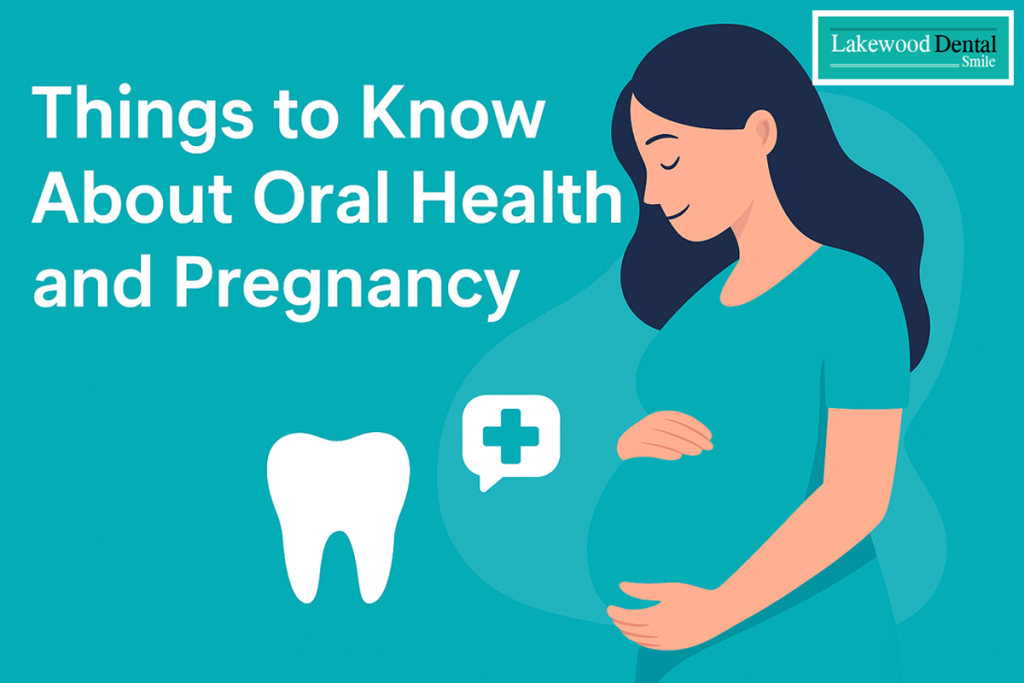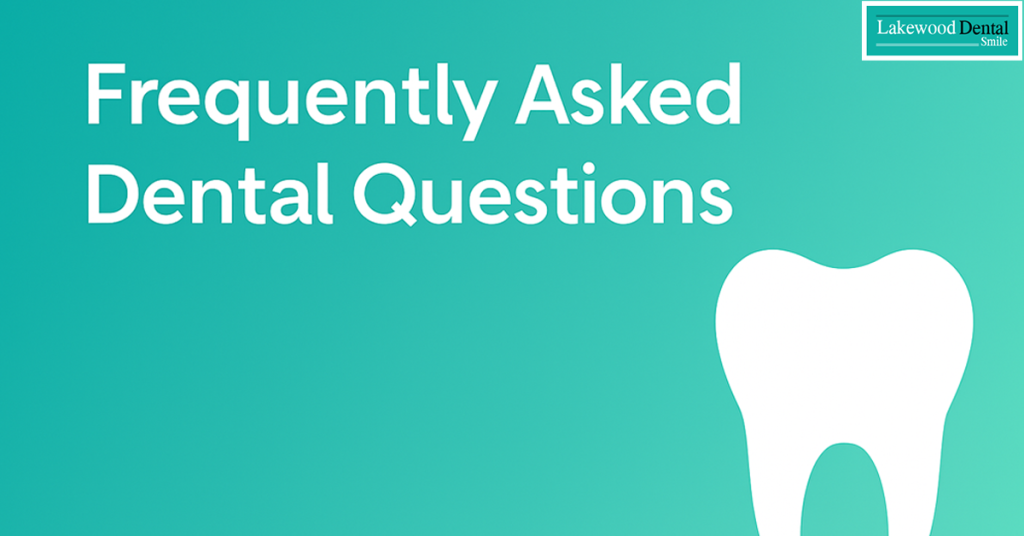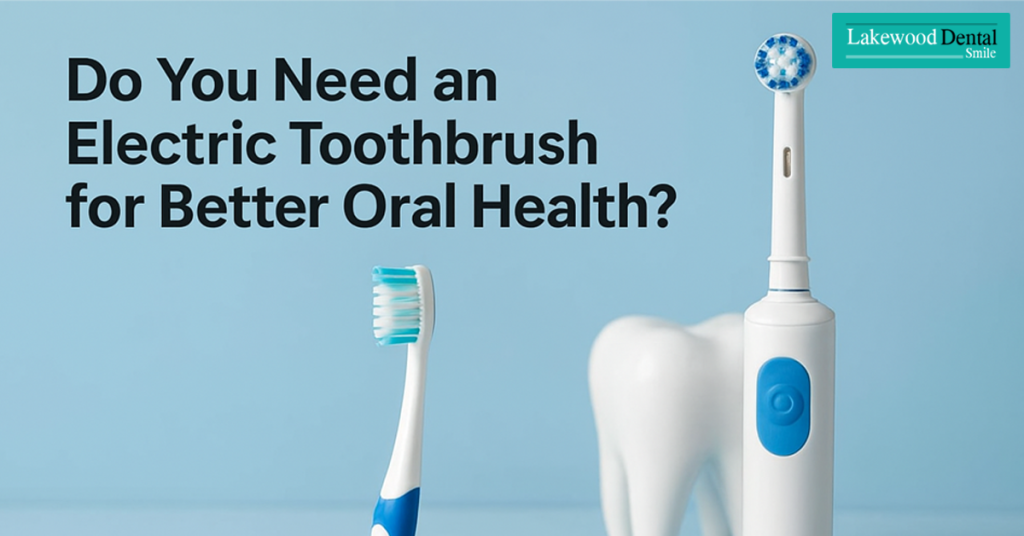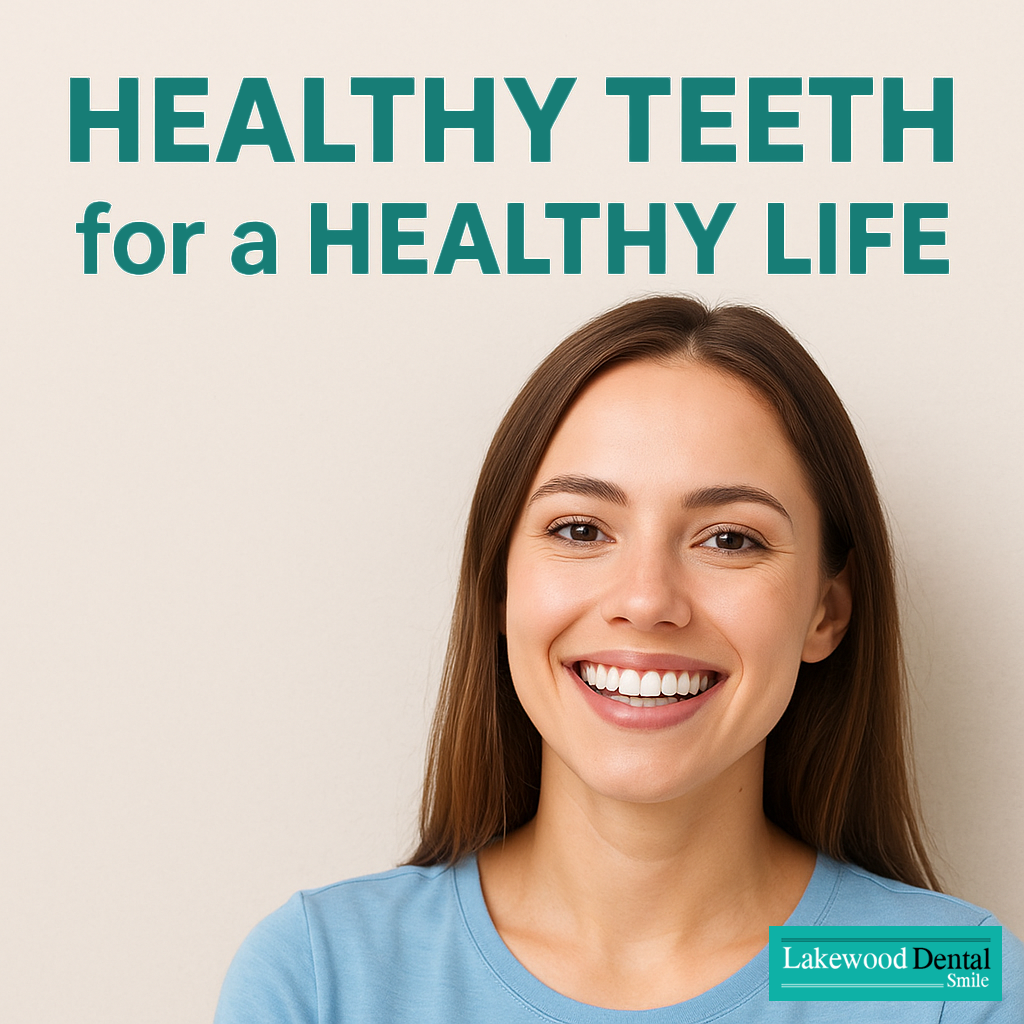Pregnancy is an extraordinary time in a woman’s life, and taking care of your oral health and pregnancy is crucial for both you and your baby. Hormonal changes, dietary adjustments, and lifestyle shifts can all affect your teeth and gums. Maintaining good dental care ensures long-term health and prevents complications that could impact your pregnancy.
Understanding oral health and pregnancy helps expecting mothers stay proactive about gum changes and enamel protection during this critical period.

Common Misconceptions About Oral Health and Pregnancy
- “It’s Unsafe to Visit the Dentist While Pregnant”
This is false. Routine checkups, cleanings, and even X-rays (with proper shielding) are safe. Visiting your dentist early in pregnancy—or even before conception—is highly recommended to ensure healthy gums and teeth throughout gestation.
- “Pregnancy Causes Teeth to Lose Calcium”
Contrary to popular belief, calcium is not drawn from your teeth for your baby. Dental changes during pregnancy are primarily due to hormonal fluctuations, not calcium loss. Nevertheless, maintaining adequate calcium intake through diet or supplements remains important.
Oral Health Risks During Pregnancy
In addition to gingivitis and tooth decay, some expecting mothers may develop periodontal pockets, where bacteria accumulate beneath the gums. This can increase inflammation and may even contribute to systemic issues if untreated. Regular dental checkups help detect these early changes. Additionally, morning sickness can expose teeth to acid, weakening enamel over time. Using a soft-bristled toothbrush and rinsing with water after vomiting can protect enamel while maintaining healthy gums throughout pregnancy.
Hormonal changes during pregnancy can make gums more sensitive and increase the risk of dental problems, including:
- Gingivitis – Red, swollen gums that bleed when brushing or flossing. If left untreated, this can progress to more serious gum disease.
- Tooth Decay: Higher mouth acidity and altered eating habits can increase cavity risk.
- Pregnancy Complications: Gum disease has been linked to premature birth and low birth weight.
Dental issues can continue postpartum, so maintaining oral hygiene after birth is equally important. Breastfeeding mothers are still susceptible to cavities if daily dental routines are neglected.
7 Prevention and Care Tips for Oral Health and Pregnancy
- Brush Twice Daily: Use fluoride toothpaste to protect enamel and prevent decay.
- Floss Once Daily: Removes plaque between teeth where brushing can’t reach.
- Use Antibacterial Mouthwash: Helpful when brushing isn’t possible, especially during busy mornings.
- Stay Hydrated: Drink plenty of water to reduce dry mouth and flush out acids.
- Eat a Balanced, Low-Sugar Diet: Protects teeth while supporting overall health.
- Don’t Skip Routine Dental Procedures: Cleanings, fillings, and X-rays (with precautions) are safe during pregnancy.
- Consult Your Dentist Regularly: Early detection of issues ensures timely care for both mother and child.
These steps not only maintain healthy teeth and gums but also support overall well-being during pregnancy.
You can further support your oral health by incorporating nutrient-rich foods like dairy, leafy greens, and nuts to strengthen teeth and gums. Chewing sugar-free gum after meals can help neutralize acids and reduce cavity risk. If dental procedures are needed, discuss timing with your dentist—the second trimester is often ideal for treatments like fillings. Also, consider scheduling follow-ups post-pregnancy to ensure no lingering dental issues. Teaching these habits early benefits both you and your baby and helps establish lifelong dental care routines.
Compassionate Care at Lakewood Dental Smile
At Lakewood Dental Smile in Dearborn, Michigan, we provide safe, comfortable, and personalized dental care for expecting mothers. Our team prioritizes both your oral health and your baby’s well-being. Whether it’s routine cleaning or preventive advice, our goal is to help you maintain a bright, healthy smile throughout pregnancy and beyond.
Our team also provides guidance on safe oral hygiene products during pregnancy, like fluoride toothpaste and mouth rinses. We help expecting mothers understand the importance of preventive care and tailor recommendations based on individual health conditions and pregnancy stage.




